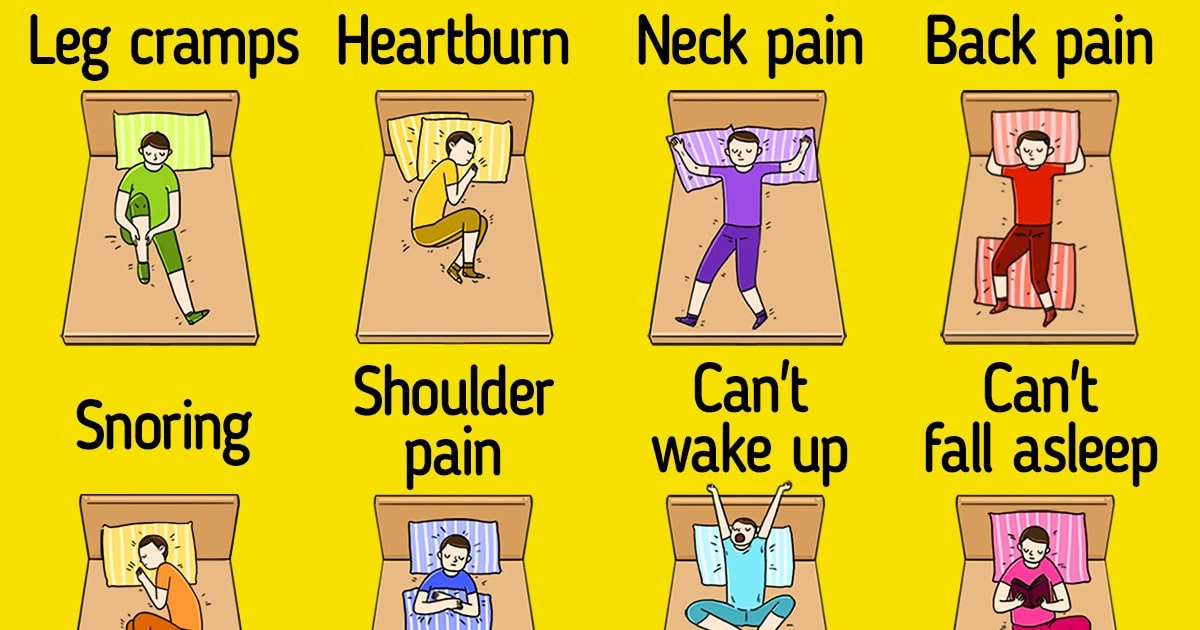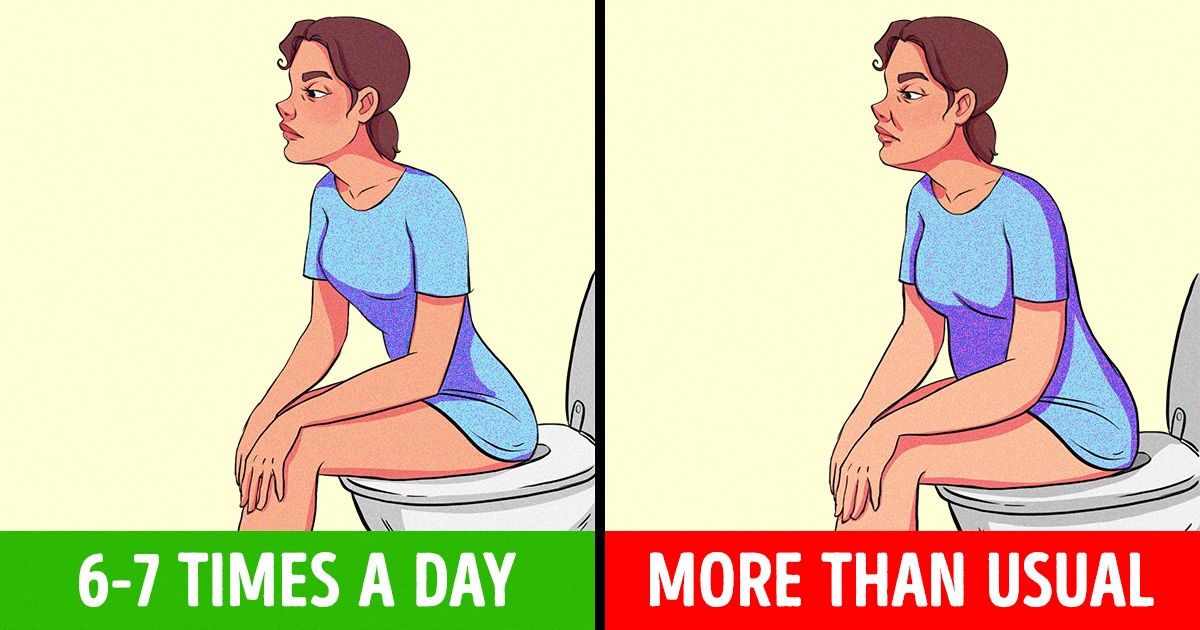In today’s fast-paced world, achieving quality sleep has become more essential than ever for our overall well-being. While conventional wisdom often emphasizes indoor sleep routines, emerging research and lifestyle trends suggest that spending time outdoors—especially sleeping in the open air—can provide remarkable health benefits. In this comprehensive guide, we delve into how sleeping outdoors affects your body, from natural light exposure to improved brain function and reduced stress levels. By understanding these benefits, you can make more informed decisions about your sleep environment and harness nature’s power for enhanced health.
Is It Better To Sleep With Fresh Air?
The Power of Natural Light: How Outdoor Sleep Enhances Your Health
One of the most significant advantages of sleeping in the open air is the increased exposure to natural light. Unlike artificial indoor lighting, natural sunlight helps regulate your circadian rhythm—a biological process that controls sleep and wake cycles. Exposure to sunlight in the morning can:
- Enhance Alertness: The natural light signals your brain to reduce melatonin, a sleep-inducing hormone, helping you wake up feeling refreshed.
- Improve Mood: Sunlight boosts serotonin production, contributing to better mood regulation and reduced risks of depression.
- Optimize Vitamin D Production: Vitamin D, often called the “sunshine vitamin,” is vital for bone health, immune function, and overall cellular health.
For more detailed insights into how sunlight influences sleep patterns, check out the Sleep Foundation and Mayo Clinic.
Melatonin Mastery: How Open Air Sleep Impacts Your Hormone Levels
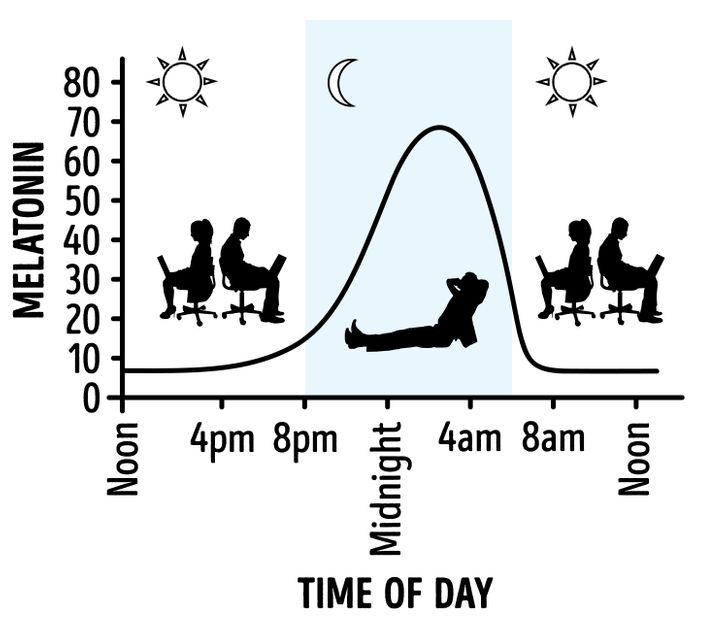
Melatonin is a critical hormone that governs your sleep-wake cycle. When you sleep indoors with artificial lighting, your melatonin production can be disrupted, leading to suboptimal sleep quality. Conversely, when you sleep in the open air:
- Natural Darkness Enhances Melatonin Production: The absence of artificial light at night allows your body to produce melatonin more efficiently, leading to deeper, restorative sleep.
- Improved Sleep Quality: Higher melatonin levels not only help you fall asleep faster but also improve the overall quality of sleep by promoting more time in the REM (rapid eye movement) stage, essential for memory consolidation and emotional regulation.
Research published by the National Institutes of Health (NIH) emphasizes the critical role of melatonin in maintaining healthy sleep patterns and overall wellness.
Boosting Immunity Naturally: The Role of Fresh Air in Strengthening Your Defenses
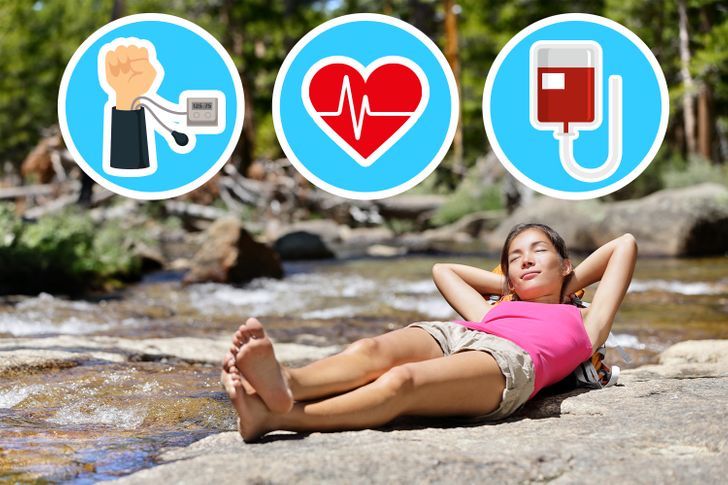
Breathing in fresh, outdoor air can have a profound impact on your immune system. Unlike the stagnant indoor air that may harbor pollutants and allergens, open air provides numerous benefits:
- Enhanced Oxygen Intake: Better oxygenation helps improve overall bodily functions, ensuring that your cells receive the nutrients they need.
- Reduced Exposure to Indoor Pollutants: Indoor environments, especially those with poor ventilation, can accumulate pollutants, allergens, and even mold spores. Sleeping outdoors minimizes exposure to these harmful elements.
- Natural Air Purification: The natural environment often includes a mix of beneficial microbes that can help stimulate and train your immune system, making it more resilient to common illnesses.
For further reading on the connection between air quality and immune function, explore articles on Healthline.
Brain and Bodily Functions: Enhancing Cognitive and Physical Health with Outdoor Sleep
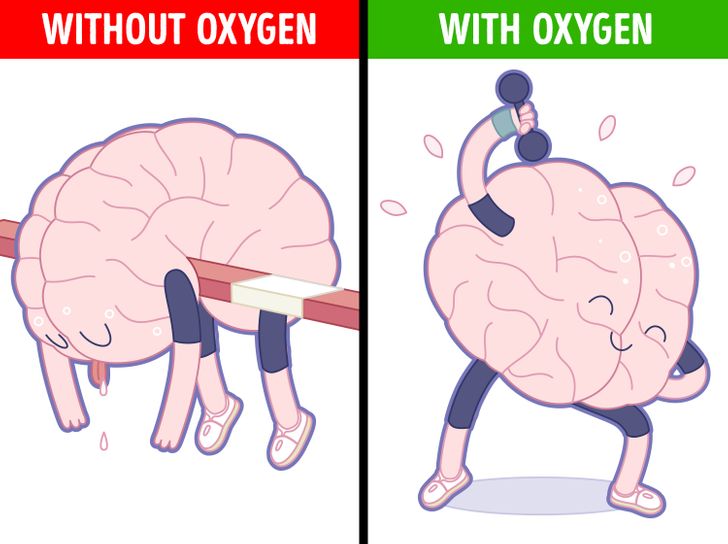
Sleeping in the open air not only improves the quality of your sleep but also positively affects your brain and bodily functions. Here’s how:
- Cognitive Boost: Quality sleep is essential for brain functions such as memory, decision-making, and concentration. The natural environment, free from the distractions and electromagnetic pollution of urban settings, can lead to improved cognitive performance.
- Enhanced Physical Recovery: During sleep, your body undergoes repair and regeneration. Fresh air and natural surroundings can accelerate this process by reducing inflammation and stress on the body.
- Improved Blood Circulation: Exposure to nature and clean air helps improve cardiovascular health, leading to better circulation and oxygen delivery to vital organs.
Studies have shown that a good night’s sleep in a natural environment can significantly impact cognitive performance and physical recovery. For additional insights, visit WebMD.
Stress Relief and Mental Wellbeing: How Outdoor Sleep Reduces Anxiety and Promotes Calm
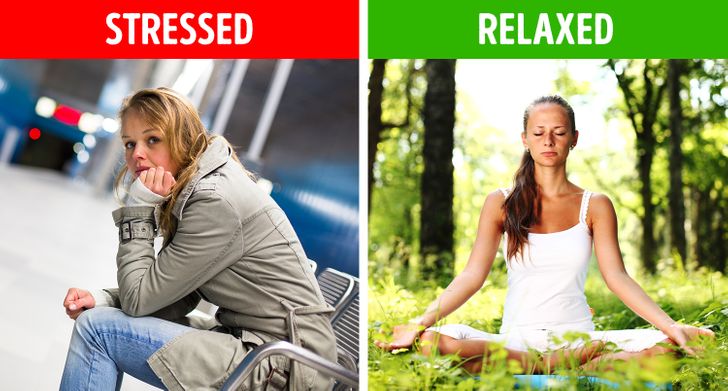
Stress and anxiety are pervasive in modern society, affecting both mental and physical health. Sleeping in the open air offers a natural remedy to help combat these issues:
- Natural Relaxation: The calming sounds of nature, such as rustling leaves or distant bird calls, create a peaceful atmosphere that can soothe the mind and reduce stress levels.
- Enhanced Mindfulness: Being outdoors encourages mindfulness and a connection with nature, which has been shown to lower cortisol levels—the body’s primary stress hormone.
- Improved Sleep Patterns: Quality sleep in a stress-free environment leads to better emotional regulation and resilience, allowing you to handle daily challenges more effectively.
For those interested in mindfulness and stress reduction techniques, Psychology Today offers valuable resources and expert advice.
Breathing Clean Air: The Advantage of Eliminating Stale Indoor Air

One of the often-overlooked benefits of sleeping in the open air is the quality of the air you breathe. Indoor air can be contaminated with various pollutants, such as volatile organic compounds (VOCs) from cleaning products, dust mites, and even airborne viruses. Here’s how sleeping outdoors can improve your respiratory health:
- Improved Air Quality: Fresh air contains fewer pollutants, which can significantly reduce the risk of respiratory problems and allergies.
- Natural Filtration: The outdoor environment often benefits from natural filtration systems provided by plants and trees, which can absorb toxins and improve overall air quality.
- Enhanced Breathing: Better air quality means improved oxygen flow, which can enhance your energy levels and overall bodily functions.
For more on the benefits of fresh air and strategies for improving indoor air quality, visit the Environmental Protection Agency (EPA).
Additional Health Benefits of Embracing Outdoor Sleep
Beyond the primary benefits discussed above, there are several additional ways that sleeping in the open air can positively impact your health:
- Circadian Rhythm Alignment: Spending more time outdoors helps align your circadian rhythm with natural light-dark cycles, leading to more consistent sleep patterns and improved overall health.
- Reduction in Sleep Disorders: Exposure to natural environments has been linked with lower incidences of sleep disorders such as insomnia and sleep apnea.
- Enhanced Mental Clarity: The combination of natural light exposure, reduced stress, and high-quality sleep can lead to increased mental clarity and creativity.
- Eco-Friendly Lifestyle: Embracing outdoor sleep practices can also promote a more sustainable, eco-friendly lifestyle, as you become more connected with nature and more mindful of environmental impacts.
Practical Tips for Safe and Effective Outdoor Sleep
If you’re considering transitioning to sleeping in the open air, here are some practical tips to ensure you do so safely and comfortably:
- Invest in Quality Gear: A high-quality sleeping bag, tent (if needed), and an appropriate sleeping mat can make a significant difference in your comfort levels.
- Choose a Safe Location: Whether you’re camping in the wilderness or simply enjoying your backyard, ensure that your location is safe, clean, and free from potential hazards.
- Monitor Weather Conditions: Always check the weather forecast before planning an outdoor sleep session. Sudden changes in weather can affect your comfort and safety.
- Embrace Minimalism: Sleeping outdoors is often about simplifying your routine. Embrace a minimalist approach to enjoy a more natural, uninterrupted sleep experience.
- Practice Good Hygiene: Even in nature, it’s important to maintain good hygiene practices. Keep your sleeping area clean to avoid attracting unwanted pests.
For more camping and outdoor sleep tips, REI offers a wealth of resources for beginners and experienced outdoor enthusiasts alike.
Final Thoughts: Embracing the Natural Benefits of Sleeping Outdoors
Incorporating outdoor sleep into your lifestyle can offer a multitude of benefits that extend far beyond improved sleep quality. From enhanced melatonin production and boosted immunity to reduced stress levels and improved cognitive function, the natural environment provides an ideal setting for optimal health and wellness.
As modern life becomes increasingly digitized and indoor-centric, reconnecting with nature by sleeping in the open air can serve as a powerful counterbalance. By prioritizing natural light exposure, clean air, and a more organic sleep environment, you’re not only improving your sleep quality but also contributing to your long-term physical and mental health.
For those looking to experiment with this lifestyle change, start gradually by incorporating short outdoor naps or weekend camping trips. Monitor how your body responds, and enjoy the gradual improvements in your overall well-being.
